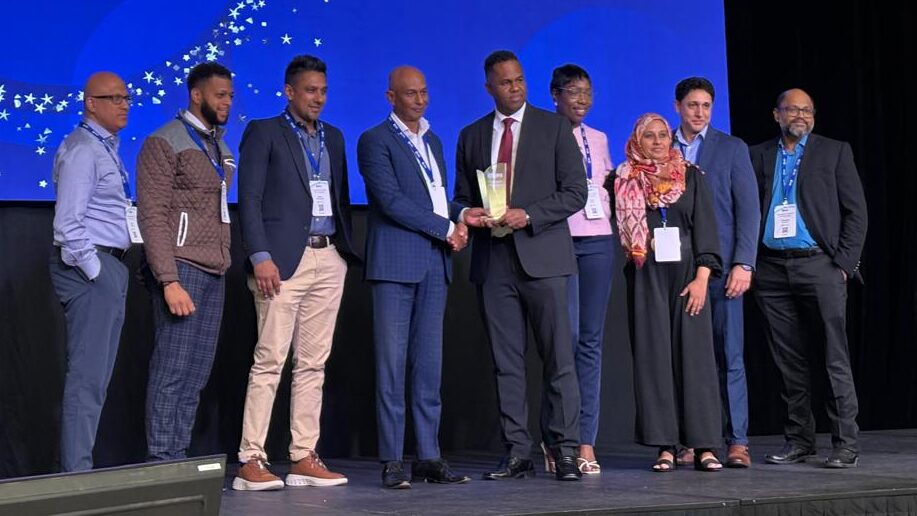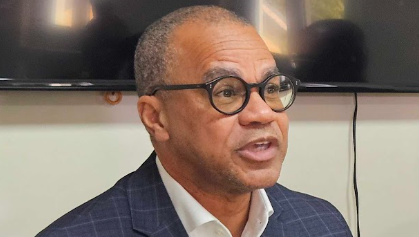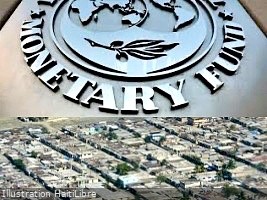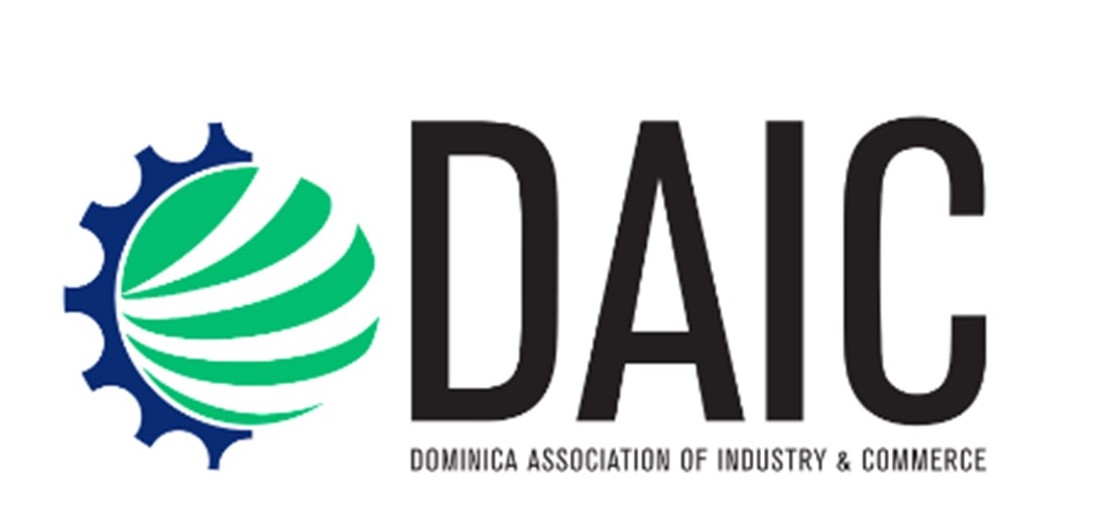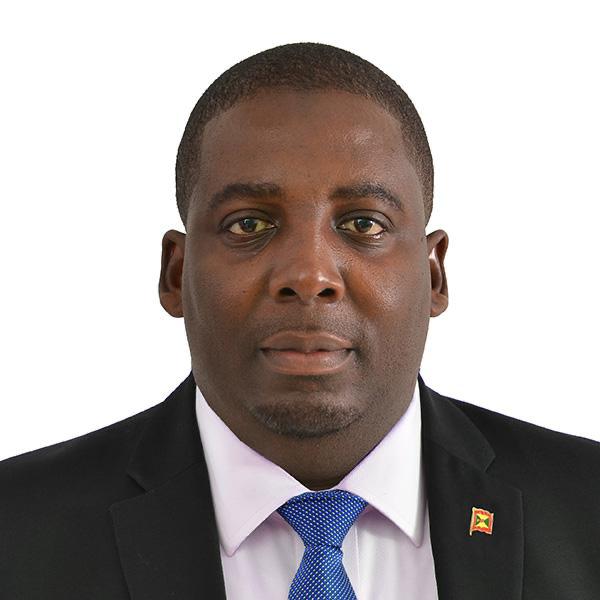In a landmark achievement for Caribbean corporate governance, Digicel Group has secured the Chartered Institute of Procurement & Supply (CIPS) Corporate Ethical Procurement & Supply Kitemark—becoming the region’s inaugural recipient of this distinguished global recognition. The honor was formally presented during the inaugural CIPS Caribbean Conference and Awards ceremony at Trinidad’s Hyatt Regency last week, where Digicel’s procurement leadership accepted the accreditation.
This prestigious kitemark serves as independent validation of Digicel’s comprehensive commitment to ethical sourcing methodologies, supplier integrity protocols, and robust governance frameworks. The certification process involves rigorous independent audits that assess consistent ethical implementation throughout organizational procurement ecosystems.
Arshad Ali, Director of Group Procurement, Supply Chain & Real Estate at Digicel, emphasized the strategic significance of this accomplishment: ‘This accreditation embodies our fundamental business philosophy. It reflects the substantial advancements we’ve achieved in institutionalizing ethical, transparent, and accountable procurement processes across our operations. Furthermore, it strengthens our dedication to establishing new benchmarks for responsible sourcing and supply chain governance throughout the Caribbean region.’
For consumers and commercial partners, the CIPS endorsement provides tangible assurance regarding Digicel’s ethical operational standards. Procurement determinations now systematically incorporate ethical considerations alongside traditional commercial metrics, ensuring all business interactions prioritize integrity and accountability. Partners benefit from transparent engagement frameworks, clearly defined ethical standards, and enhanced relationship sustainability founded on compliance and mutual trust.
Michael Watson, Chief Compliance and Cyber Security Officer for Digicel Group, added: ‘This recognition underscores our continuous improvement in ethics and compliance programming. It provides stakeholders with concrete evidence of Digicel’s adherence to world-class ethical benchmarks throughout our supply network.’
This industry milestone reinforces Digicel’s strategic positioning as an ethical leadership proponent, demonstrating how responsible corporate growth strategies can generate sustainable value for Caribbean economic development.
